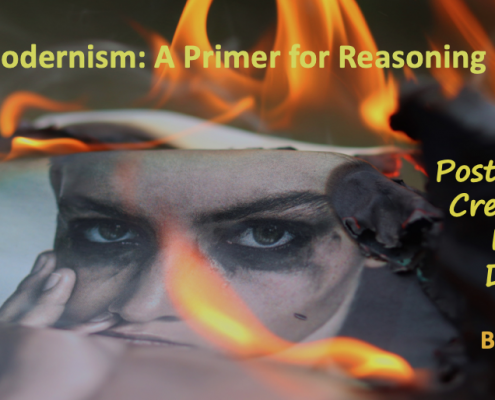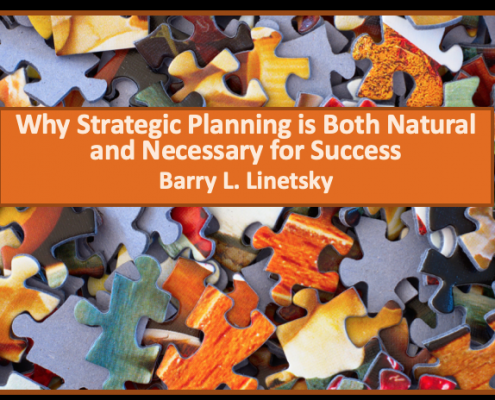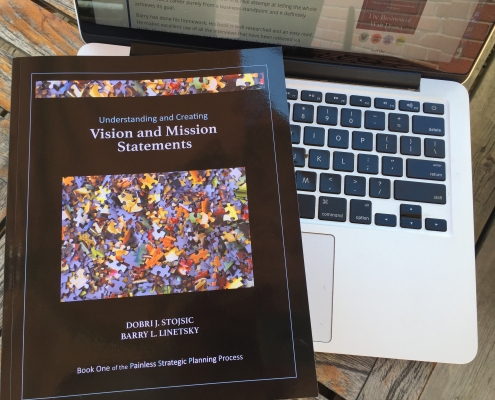
Postmodernism: A Primer for Reasoning Minds | Part 5: Postmodernism Welcomes You to the Wrecking Ball of Reason
/
0 Comments
The defining feature of postmodernism and its variants is a psycho-epistemological requirement to short-circuit the mind by both accepting and rejecting logic simultaneously. It is an ideology that sets the human mind against its own nature. To abandon logic is to abandon the mind's purpose as the causal link between desires and successful action.

Postmodernism: A Primer for Reasoning Minds | Part 4: The Postmodern Road to Serfdom
Postmodernism has its roots in Marxism, and thus the obsession with power dynamics and identity grievances remains as a paradigm for social conflict as a means to bring about collectivism as a utopian vision of social control and do away with any recognition of individual rights and individual self-interest.

Postmodernism: A Primer for Reasoning Minds | Part 3: Postmodernism’s Malevolent Embrace of Social Revenge
Postmodernism, when an attempt is made to adopt it as a functioning body of practical and life-sustaining ideas, leads to a form of cognitive impairment and debilitation.

Postmodernism: A Primer for Reasoning Minds | Part 2: Postmodernism: A Creepy Creeping Ideology of Destruction
Postmodernism is a body of ideas loosely packaged together and set forth to purposefully attack and fracture rational and scientific metaphysics and epistemology, leaving mankind damned to a lifetime struggle against absurdity, chaos, submission, and sublimation of the individual into the collective.
 © 2021 Barry L. Linetsky. All Rights Reserved
© 2021 Barry L. Linetsky. All Rights ReservedPostmodernism: A Primer for Reasoning Minds | Part 1: What Is Postmodernism?
Postmodernism as a skeptical philosophy and ideology is all the rage in today’s culture and is becoming increasingly mainstream as people begin to pay attention to the causes of the confusing absurdities and disconcerting destabilizing events playing out in our political institutions, media, universities, communities, workplaces, and perhaps even our own households.

If You Are An Organizational Leader, You Need To Plan
A plan is just a road map or compass to get you from one place to another. It need not be overly complicated, but it needs to be detailed enough to serve its purpose. Anything done long-term requires a plan to guide thinking and outline intentions and boundaries for employees in getting work done and serving the larger business purpose and objectives.

Atwood’s The Handmaid’s Tale Resonates Loudly 35 Years After Publication
Margaret Atwood’s book The Handmaid’s Tale (1985) is an easy to read and beautifully written cautionary dystopian tale of how quickly and easily totalitarianism can destroy the freedom we take for granted.
 © 2020, Barry L. Linetsky. All Rights Reserved
© 2020, Barry L. Linetsky. All Rights ReservedWhy Strategic Planning is Both Natural and Necessary for Success
A strategic plan is an essential management process and tool. It significantly contributes to organizing the thinking and actions required to ensure a valued and profitable use of resources sufficient to sustain and enhance the profitability and continued existence of the business or organization.
 Chris Lawton - unsplash
Chris Lawton - unsplashThe Imperative of Business Strategy
Strategy is the roadmap for success. It is an articulated expression of what the organization strives to achieve, and how it will go about doing so.
 Barry L. Linetsky, 2020. All Rights Reserved
Barry L. Linetsky, 2020. All Rights ReservedThe Myth of the Memorable Mission Statement
It is a common perspective amongst leaders that an organizational statement of purpose must be short, memorable and motivating like the world’s greatest marketing slogans or brand tag lines. What these executives are never able to validate is why this is better or more important than a more comprehensive statement that explains and communicates the purpose of the business.
 © 2020, Barry L. Linetsky. All Rights Reserved
© 2020, Barry L. Linetsky. All Rights ReservedHow Failure and Entrepreneurial Vision Fuel Success | Part 4: Failure is a Prompt to Check Your Premises
The key to benefitting from failure does not reside in failing. Failing is not a virtuous act.
 © 2020, Barry L. Linetsky. All Rights Reserved
© 2020, Barry L. Linetsky. All Rights ReservedHow Failure and Entrepreneurial Vision Fuel Success | Part 3: Walt Disney’s Method for Converting Failure into Success: Contrast and Extension
Throughout his roughly forty-five-year career, from Kansas City, Missouri, to California and Florida, Walt Disney marched towards a higher vision of possibility and actuality as seen in contrast to the “failed” solutions of business and urban planning conventions. He was an innovator.
